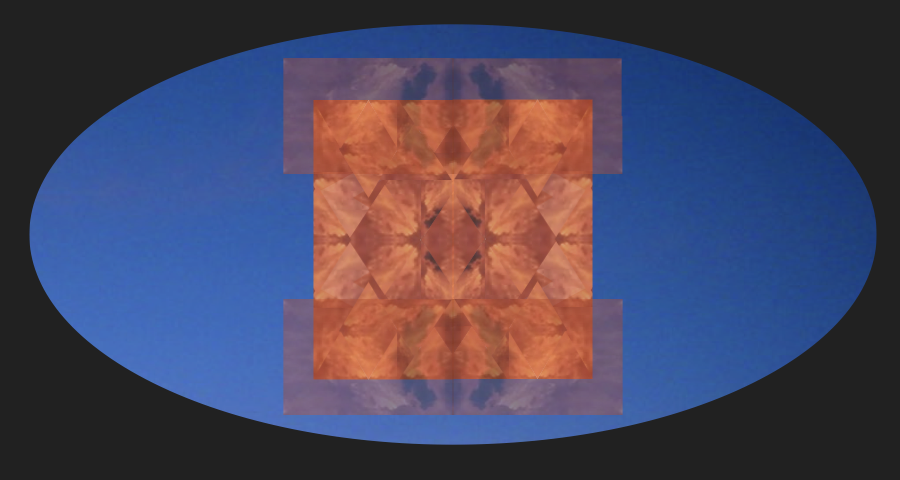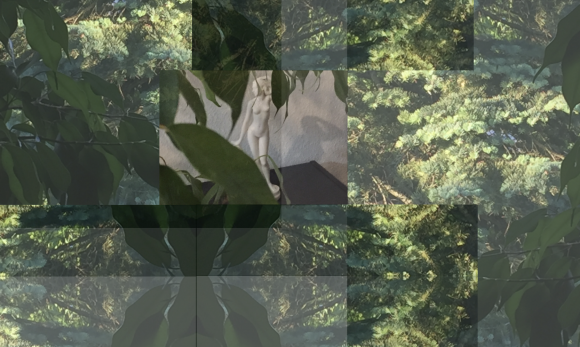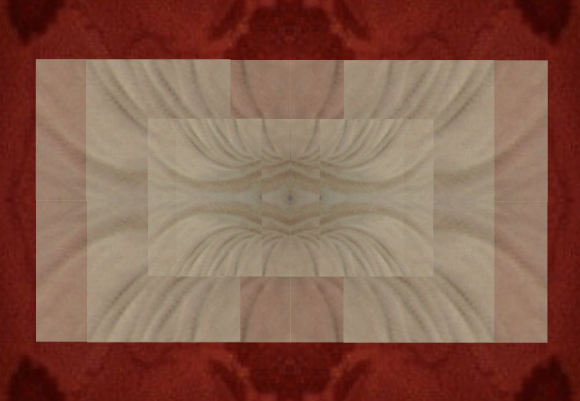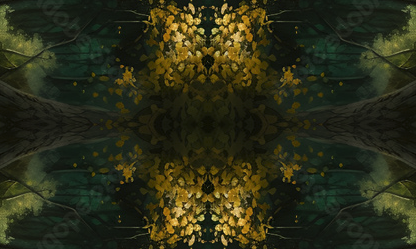In interpreting the role of mirror imagery in Hoffmann’s Abenteuer, I have sketched an account in which the mirror symbolizes something we can know about ourselves: a kind of self-knowledge. This particular kind of self-knowledge is aptly symbolized by mirrors because it is a knowledge that other people, such as those in our social environment, can provide to us — holding up a mirror, so to speak. Losing one’s mirror image, on this account, means to lose (not just the self-knowledge as such, but) the ability to receive such knowledge from others, thereby blocking one of two possible routes on which one might gain it.

In the embedded story (the Spikher story which narrates the loss of mirror image), some emphasis is put on the social consequences: Spikher becomes a social outcast, and Hoffmann drives the point home by demonstrating it through various episodes in the text. What is the relationship between this change in Spikher’s social status and the corresponding change, in the frame story, for the protagonist (who runs away from the party)?
1. In the frame story, the protagonist himself highlights the analogy between his ‘loss’ (hat and coat) with that of his companions — with smashing effect:
“[W]ie viel Haken hat der Teufel überall für uns eingeschlagen, […] woran vorbeistreifend wir etwas von unserem teuren Selbst hängen lassen. Es scheint, Verehrte [i.e., the companions], als ob uns allen auf diese Weise schon etwas abhanden gekommen, wiewohl mir diese Nacht vorzüglich Hut und Mantel fehlte. […]” Der Kleine und der Große fuhren sichtlich auf, alls träfe sie unversehens der Schlag.
E.T.A. Hoffmann, Abenteuer in der Silvester-Nacht, 131.
The protagonist does not yet know — and even for the reader, there have so far only been some hints — that this “loss” means, in the case of one of his companions, a loss of mirror image. Still, the analogy is clearly intended. For the protagonist, the loss of hat and coat is the evident symbol of his stepping out of the social environment (“running away from the party”); for the man without mirror image, this loss of mirror image also plays out primarily in the social world at first.
Thus we might read the whole of Abenteuer as a gradual realization, on the part of the protagonist, of the consequences of running away from the party, i.e. losing the social connections that provide a route of self-knowledge (by way of others “holding up a mirror”). Those consequences are only spelled out in the final stretch of the Spikher story, and there they appear of course on the symbolic level. (In other words, Spikher’s close brush with committing murderous crimes is a symbolic representation of what happens to someone who runs away from the party, not a literal consequence.) The interplay between mirror imagery and the character’s social standing is a textual bracket just like — though more subtle and also deeper in meaning — the parallel romantic passions for Julia/Giulietta.



